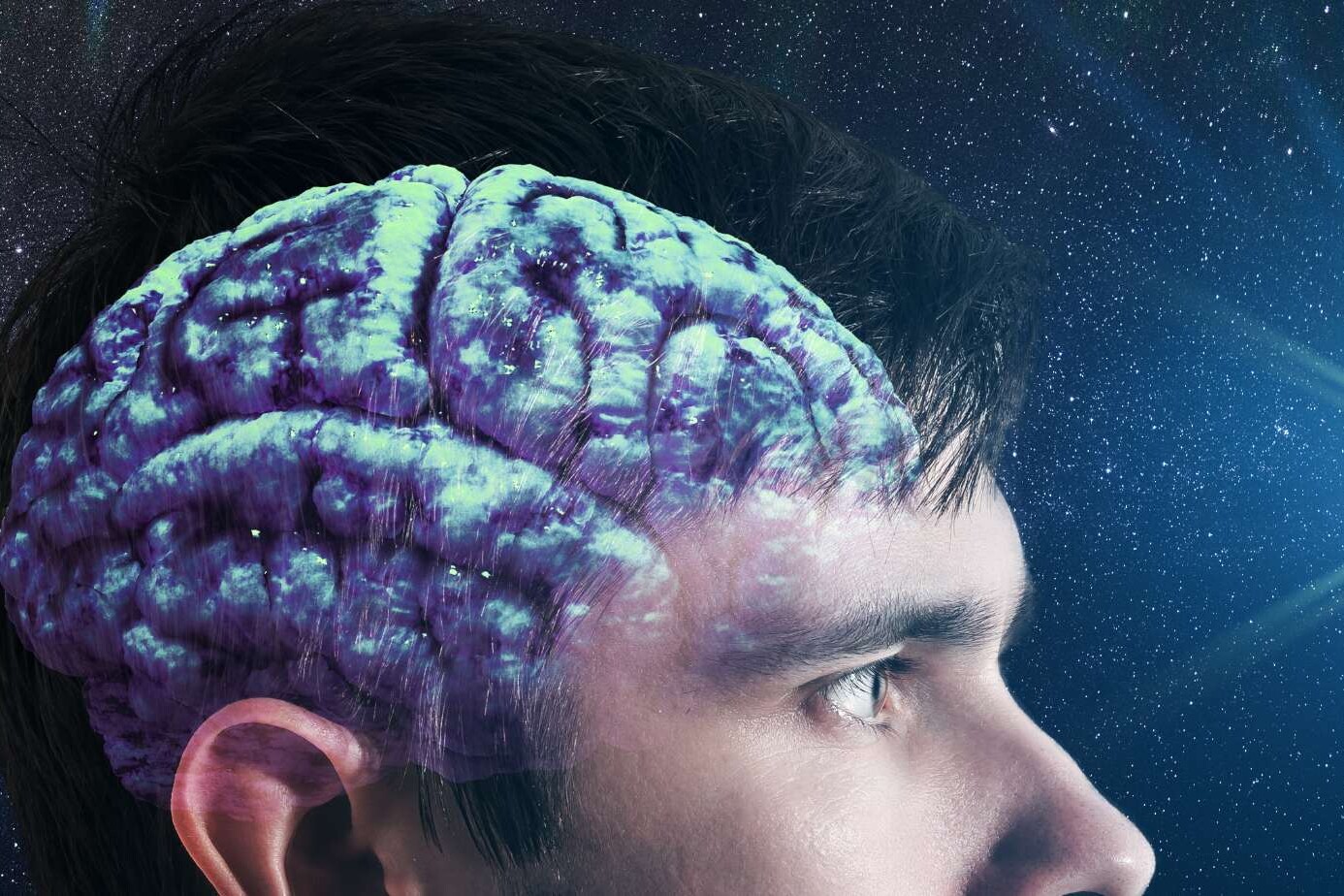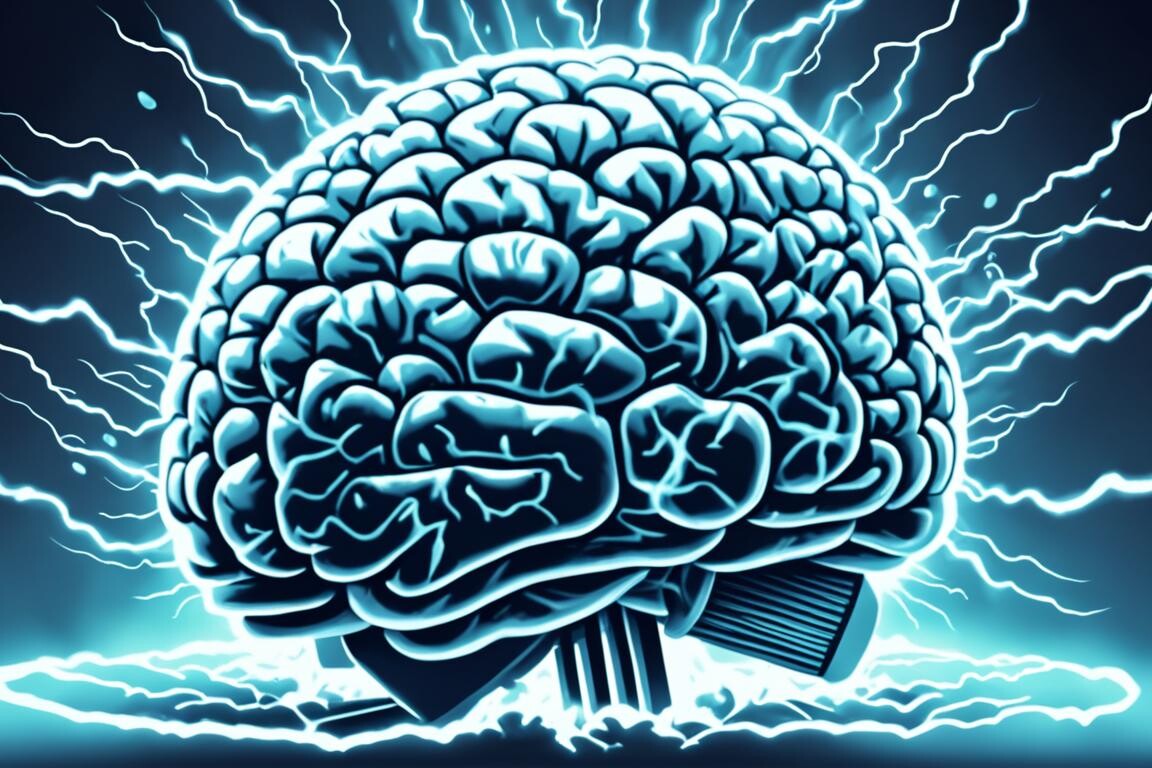Table of Contents
ToggleEpilepsy Symptoms
Epilepsy is a neurological condition that affects millions of people worldwide. It can be confusing and frightening, but understanding its signs, symptoms, and connections to other diseases can help demystify this condition. In this blog, we’ll break down epilepsy symptoms in simple language, discuss its common signs and symptoms, and explore how it may be related to other health conditions.

Epilepsy is a condition when there are two or more unprovoked seizures. An unprovoked seizure means there is no discernible cause or underlying cause of the seizure which can be identified.
How does epilepsy symptoms present?
Seizures: Seizures are the hallmark of Epilepsy Symptoms. They come in various forms, but some common types include:
Tonic-Clonic Seizures: These seizures involve sudden stiffening of the body and rhythmic jerking of the limbs. The person may lose consciousness and may not remember the seizure afterwards. These could be generalized or focal. Focal seizures involve one part of the body and do not affect consciousness. In contrast, generalized seizures involve the whole body with loss of consciousness.
Absence Seizures: These seizures often appear as brief episodes of staring or blanking out. The person may seem disconnected from their surroundings for a few seconds, primarily seen in children.
Complex Partial Seizures: These are episodes where the seizure affects only part of the body but also the patient’s consciousness. During these seizures, a person may exhibit unusual behaviours, such as lip-smacking, fidgeting, or wandering. They may appear conscious but are not aware of their actions.
Simple Partial Seizures: These seizures may cause unusual sensations or movements in one part of the body, such as twitching or tingling in a limb.
Auras: Some individuals with epilepsy experience auras, warning signs that a seizure is about to occur. Auras can manifest as strange smells, tastes, or déjà vu sensations, providing an opportunity to prepare for the impending seizure.
Loss of Consciousness: Many epilepsy-related seizures lead to a temporary loss of consciousness. It can be brief or last for several minutes.
Memory and Execution: Following a seizure, individuals may experience memory problems, confusion, and difficulty concentrating. They can feel slow, and decision-making power may be lost.
Emotional Changes: Epilepsy can also impact mood and emotions. Some people may become irritable, anxious, or depressed, especially if they struggle with frequent seizures.
Headaches: Frequent headaches are widespread in patients with epilepsy.

Connections to Other Diseases
Epilepsy is often considered a neurological disorder with no underlying cause. Still, it can be linked to other conditions as a consequence or a shared underlying cause. Here are some conditions associated with epilepsy:
Brain Injuries: Head injuries, such as those sustained in accidents or falls, can increase the risk of epilepsy. The trauma can disrupt normal brain function and trigger seizures. Hence, there is a need for helmets and seatbelts while riding automobiles.
Infections: Certain infections, like meningitis or encephalitis, can cause damage to the brain, leading to seizures.
Genetic Factors: In some cases, epilepsy has a genetic basis. It may run in families, and specific gene mutations can increase the susceptibility to seizures. These syndromes are rare, and a discussion with a best neurologist is essential to rule them out.
Developmental Disorders: Certain disorders like language delay disorders and autism-related disorders may be associated with seizures. There may be accompanying psychological distress as well.
Stroke: Stroke survivors may be at a higher risk of developing seizures due to the damage caused by the stroke. Stroke is more common in adults over 65; however, up to 35% of strokes occur in the young population under 40 years old.
Aged population: The brain is more susceptible to seizures as we age. And unprovoked seizures may be seen in older people.
Brain Tumors: Brain tumours can exert pressure on the brain and disrupt regular electrical activity, potentially leading to seizures.

Diagnosis and Treatment
If you or someone you know experiences seizures or epilepsy symptoms, seeking medical evaluation is crucial. Diagnosis typically involves:
Medical History: The doctor will gather information about the patient’s medical history, including the nature and frequency of seizures.
Electroencephalogram (EEG): An EEG records the brain’s electrical activity and can help identify abnormal patterns associated with Epilepsy Symptoms.
Imaging Tests:MRI scans can reveal structural abnormalities in the brain that may be linked to Epilepsy Symptoms.
Blood Tests: Blood tests may be performed to check for underlying conditions, such as infections or metabolic disorders.
Once diagnosed, treatment options for epilepsy may include:
Medications: Anti-epileptic drugs (AEDs) are often the first-line treatment for epilepsy. They help control seizures by stabilizing abnormal electrical activity in the brain.
Dietary Therapies: For some individuals with Epilepsy Symptoms, nutritional changes, such as the ketogenic diet, may be recommended as an adjunct to medication.
Surgery: In cases where medications do not provide adequate seizure control, surgery may be an option to remove or disconnect the brain region responsible for seizures.
Vagus Nerve Stimulation (VNS): VNS is a surgical procedure that involves implanting a device that sends electrical impulses to the vagus nerve to reduce seizure frequency.
Lifestyle Modifications: Lifestyle changes, such as getting enough sleep, managing stress, and avoiding triggers, can help individuals with epilepsy better control their condition.
Conclusion
Epilepsy is a complex neurological condition that can manifest in various ways. However, understanding its signs and Epilepsy Symptoms is the first step in managing it effectively. Additionally, recognizing its connections to other diseases underscores the importance of comprehensive medical evaluation and treatment.
If you or someone you know is living with Epilepsy Symptoms, seeking medical guidance and support from healthcare professionals and epilepsy organizations can provide valuable resources and help navigate the journey towards better seizure control and improved quality of life. Remember, Epilepsy Symptoms can be managed, and many individuals with epilepsy lead fulfilling lives with proper treatment and support.
About The Author

Medically reviewed by Dr. Chandril Chugh, MD, DM (Neurology)
Board-Certified Neurologist
Dr. Chandril Chugh is a U.S.-trained, board-certified neurologist with expertise in diagnosing and managing neurological disorders, including migraines, epilepsy, Parkinson’s disease, and movement disorders. His clinical focus includes evidence-based neurological care and patient education.
All content is reviewed for medical accuracy and aligned with current neurological guidelines.






